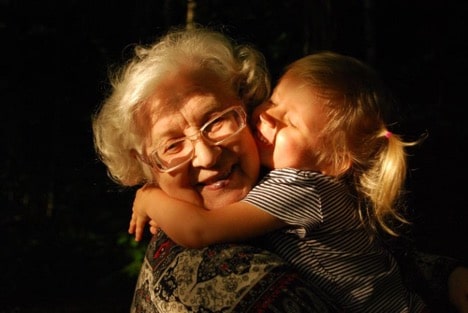3rd February 2021
What Happens if You Die Without a Will in the UK?
Dying without a Will in the UK can be a problematic situation for all involved. Without a valid Will in place, your estate will be shared out according to the legal process known as ‘intestate’.
In this article, we’ll take a closer look at what these intestacy rules are and what they mean.

What Does It Mean to Die Intestate?
To die ‘intestate’ is to die without a Will. This means that all of the estate left behind, for example your property, money, and assets such as shares will have to be distributed using the intestacy rules.
This can also happen where only part of someone’s estate is dealt with by their Will and they die partially intestate. Those parts of the estate not dealt with by the Will must be dealt with by the intestacy rules. For this reason, it is important that if you intend to leave a Will, it successfully deals with all of your estate.
What Happens to My Assets If I Die Without a Will?
Dying without a Will usually means that your property (assets) will be distributed to your closest relatives. If you have a spouse or civil partner, the first £270,000.00 of your estate will go to them. After this, the usual course is for the remainder to be divided in half, with your children receiving half in equal shares and your spouse or civil partner receiving the other half.
However, dying intestate means that more distant family members can make a claim to the estate if they believe that they are entitled to benefit from it. Also, if you do not have a spouse, civil partner, or children, it leaves the question of who inherits rather more open.
What Are the Advantages of Making a Will?
The main advantage of having a Will is that the decision as to where your estate is left is entirely yours, as is the decision as to how much of your estate each person receives. Intestacy takes away this power. It is considerably more difficult to make a claim against an estate where there is a clear and valid Will.
In addition to having control over where your estate is distributed, a further advantage of leaving a well-constructed Will is the peace of mind of knowing that those that will be dealing with the estate are not required to make any difficult decisions, as you will already have made them.
If you die whilst your child or children are under the age of 18, a Will can record your wishes as to who will look after them.
It can also be difficult for the remaining family members to make decisions about who should receive money, and how much. In some cases, this can cause tension in an already difficult time of grief. If you have already dealt with the issues in question, then the process of applying for probate is much smoother.
Furthermore, dying without a Will can slow down the probate application process if there are several people attempting to make claims against the estate, or if those likely to inherit cannot agree on the distribution.

How We Can Help You
In summary, a well-constructed and properly executed Will ensures that your wishes are followed after your death and helps make the process simpler for your family or loved ones dealing with your estate.
Whilst it is not compulsory to seek legal advice on constructing a Will, it is advisable to ensure that the whole estate is dealt with properly and that the Will is constructed in a way that is legally valid and accurately reflects your wishes.
If you would like to receive legal advice in regard to making a Will, then contact us today for a free, no-obligation, 30-minute initial meeting to get to know us, and to discuss your immediate concerns.